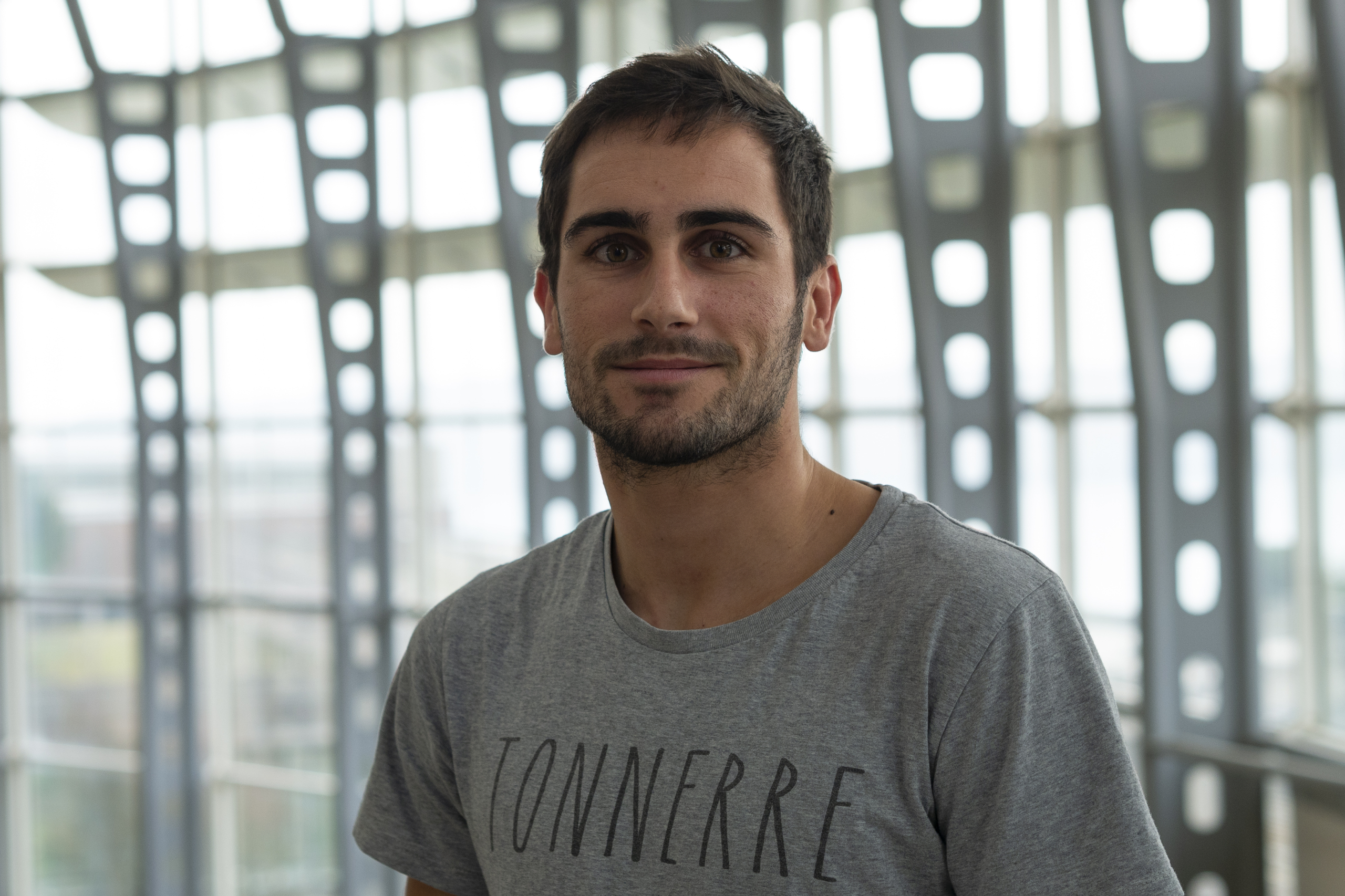
Marc LONG
Plankton chemical ecology, microalgal physiology, Harmful Algal Blooms
CNRS

Plankton chemical ecology, microalgal physiology, Harmful Algal Blooms
CNRS
LEMAR Laboratory
Panorama
02 98 49 86 23
I was recruited as a Chargé de Recherche at CNRS in 2022. After starting to work as an assistant engineer in 2011 at LEMAR, I did my PhD in cotutelle between the University of Wollongong (Australia) and the University of Bretagne Occidentale (at LEMAR) on allelopathic interactions between microalgae. I then worked as a postdoctoral fellow at the DYNECO laboratory of Ifremer, in collaboration with the Station Biologique de Roscoff on the interactions between dinoflagellates and their parasites (PARACIDE and PARALLAX projects). I also worked on the mixotrophy of dinoflagellates (EXAM project) in the DYNECO laboratory of Ifremer, and as an engineer at LEMAR in the ALG-AD project.
My research focus on the role of chemical interactions (i.e. communication) in the ecology of plankton. I am mostly interested in “allelopathic interactions”; interactions between a photosynthetic microorganism (e.g. microalgae, cyanobacteria) and co-occurring organisms (phyto- mixo- zoo-plankton) that are mediated by the release of secondary metabolites named allelochemicals. These interactions give a competitive advantage to the allelopathic microalgae as they can eliminate competitors, immobilize prey, limit grazing or even protect against parasites. While these compounds mediate a chemical war at sea, the nature of the compounds, the allelopathic microalgal species as well as the ecological and biogeochemical consequences of these interactions remain largely unknown.
I aim to describe these interactions to understand their consequences on microalgal blooms (including including Harmful Algal Blooms) , and more broadly on planktonic ecosystems but also on biogeochemical cycles. I use a variety of culturing methods (e.g. flasks, cocultures, roller-tanks) and physiologic technics (e.g. fluorometry, flow-cytometry, microscopy, quantitative imaging) to describe these interactions and their effects on marine ecosystems.
Publications in peer-reviewed journals listed in international databases (ACL) since 2010

 Bastian GOURIOU
Bastian GOURIOUNotifications